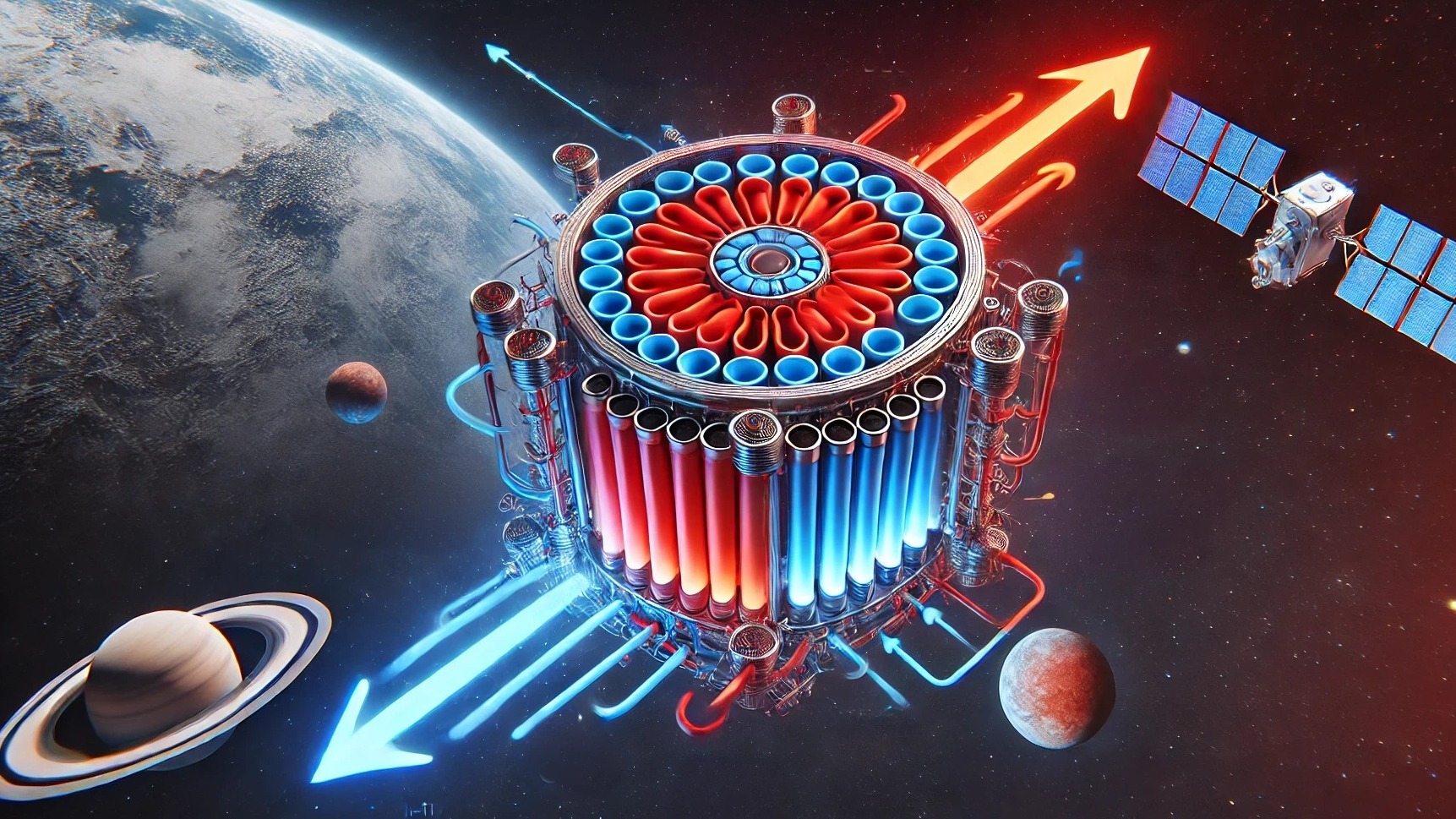Duration: 12 months
Heat management in space presents one of the key challenges due to extreme conditions. Systems ranging from small satellites, through complex spacecraft and stations, to future Moon and Mars habitats demand precise temperature control for electronics, life-support, and scientific operations.
Established passive systems (heat pipes, radiators, etc.) have limitations, and active heat pumps are needed for precise thermal control and heat lift to high temperature level. However, vapor-compression systems are unsuitable for space, thermoelectrics are inefficient, and cryocoolers are bulky. Efficient, lightweight, and robust solutions are essential for future missions.
Elastocaloric is a novel technology, based on solid shape memory materials and shows great promise in many applications. The U.S. Department of Energy recognised it as the most promising future heating and cooling solution, and the World Economic Forum lists it among 2024’s top ten emerging technologies. Elastocalorics rely on solid-state phase changes triggered by mechanical stress, absorbing or releasing latent heat and operate without harmful refrigerants. This environmentally benign, recyclable technology can provide high-efficiency, silent, compact, and modular systems for both miniature and large-scale applications, covering wide temperature ranges.
During this study, we will (i) Identify space applications thermal management needs and environmental constraints, from microsatellites to future Moon/Mars habitats. (ii) Evaluate the elastocaloric potential and the effect of the space environment on the elastocaloric technology. (iii) Develop and evaluate preliminary concepts; and (iv) Develop a numerical model, perform simulations, and compare the performance of the most promising concept with the state-of-the-art technology.
The results will give a clear overview of the possibilities of using elastocaloric technology in space applications and will open new perspectives for sustainable solutions on Earth.

